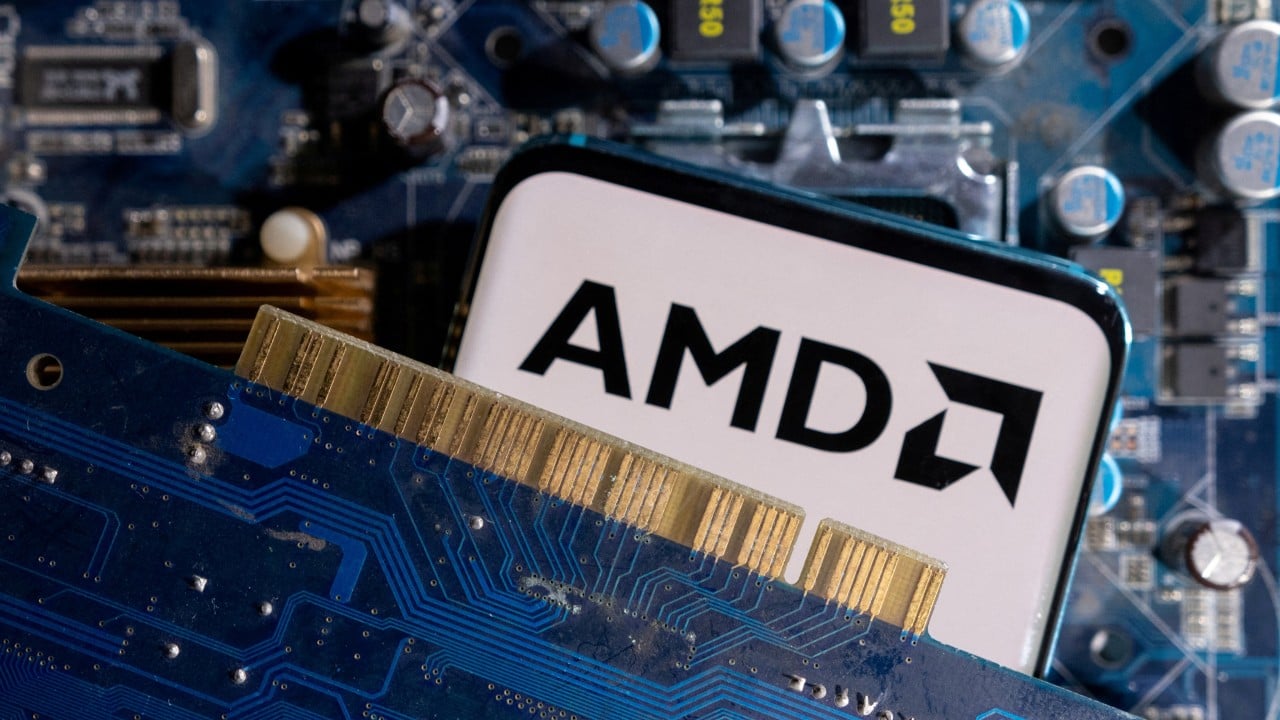
The guidance stems from an export restriction imposed in April that targeted AMD’s MI308 chips, the company said during an earnings call on Tuesday. Data centre revenue will decline in the current period, hurt by a US$700 million reduction in sales of that product, AMD predicted.
CEO Lisa Su remains bullish about overall demand for AI infrastructure. She also reiterated her projection that new chips debuting soon will help boost sales in the second half of the year. But she is facing investor concerns about trade restrictions and tariffs, as well as the challenges of competing with larger rival Nvidia in the AI chip market.
AMD shares, which had risen more than 7 per cent following an upbeat quarterly report, declined after the company disclosed the China sales impact. The stock began to recover after Su argued her case on a conference call with analysts.
“We’re excited about the overall AI business – I think we continue to see strength there,” she said. “I know there are some uncertainties as it relates to tariffs and other things, but this is one of those areas where from an infrastructure standpoint, there continues to be investment in AI infrastructure. And so with that, we would expect strong growth into the second half of the year.”
AMD had said last month that it expected to record an expense of about US$800 million because of the new export rules.










